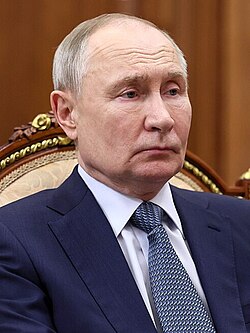
Introduction
Vladimir Putin, the long-standing President of Russia, has been a central figure in global geopolitics since he first took office in the late 1990s. His leadership has significantly shaped Russia’s domestic policies and its international relations. As tensions escalate over various global issues, understanding Putin’s strategies and the implications of his rule is crucial for analysts, policymakers, and citizens alike.
Key Events Shaping Putin’s Leadership
Since his rise to power, Putin has navigated a complex political landscape. Major events such as the annexation of Crimea in 2014 and Russia’s involvement in the Syrian Civil War have markedly influenced international relations. These actions have led to widespread sanctions imposed by Western nations, reshaping the economic and political framework in which Russia operates. In addition, Putin’s administration has implemented significant state control over the media and civil society, consolidating power and reducing opposition.
Current Developments
In recent months, global tensions have risen, particularly concerning the ongoing conflict in Ukraine. Reports suggest that Russia has been ramping up military activities, which has raised alarms across NATO countries. The situation is precarious, with potential implications for energy supplies to Europe, given that Russia is a major gas supplier. Furthermore, Putin’s attempts to expand relations with countries such as China and India hint at a potential shift in global alliances, possibly moving away from Western influence.
The Domestic Impact of Putin’s Rule
Domestically, Putin’s regime faces growing dissatisfaction among citizens, particularly with the economic conditions exacerbated by international sanctions and the COVID-19 pandemic. Increasingly, there are signs of discontent as citizens grapple with rising prices and stagnating wages. Public protests, though often quelled, showcase a demographic that is becoming more vocal against the government’s tight grip. Analysts suggest that these internal pressures could lead to significant changes in the political landscape within Russia.
Conclusion
As Vladimir Putin continues to wield power, the future of Russia and its role on the world stage remains uncertain. His leadership is likely to evolve, influenced by both external pressures and internal challenges. Observers predict that the coming months will be critical, not just for Russia, but for global stability as nations respond to Putin’s ongoing strategies. Understanding the implications of his actions is essential for anticipating potential shifts in international alliances and conflicts.
You may also like

Understanding the Current Political Landscape in the UK

The UKIP Party: Recent Developments and Future Outlook
